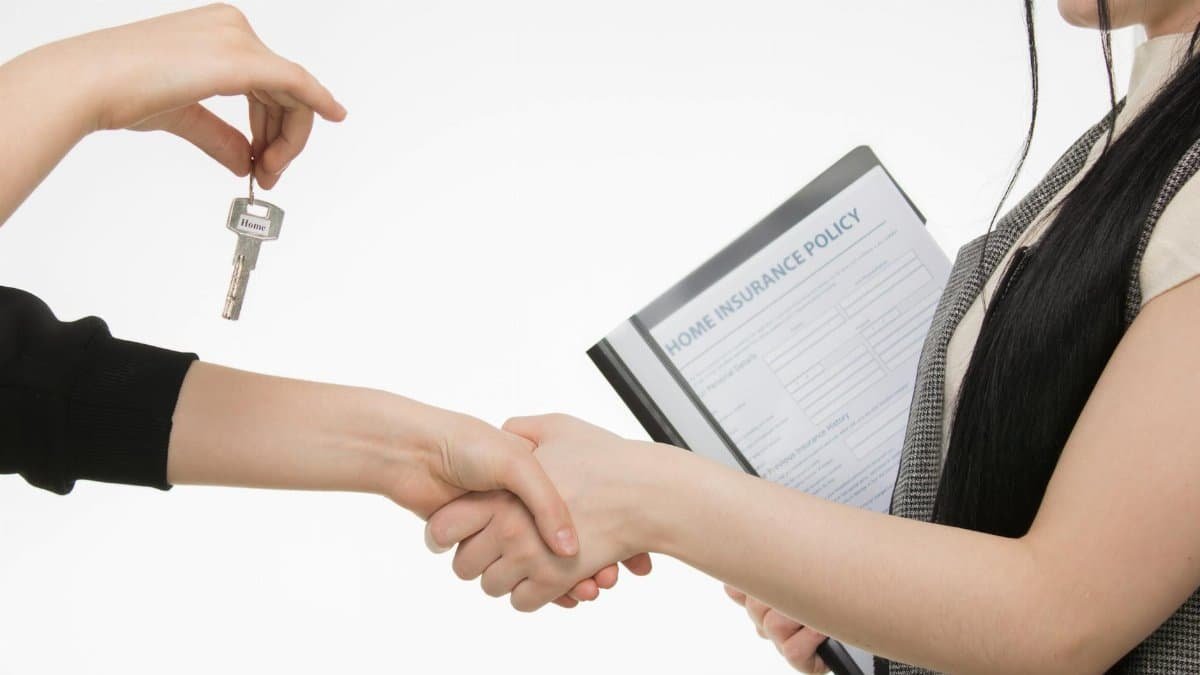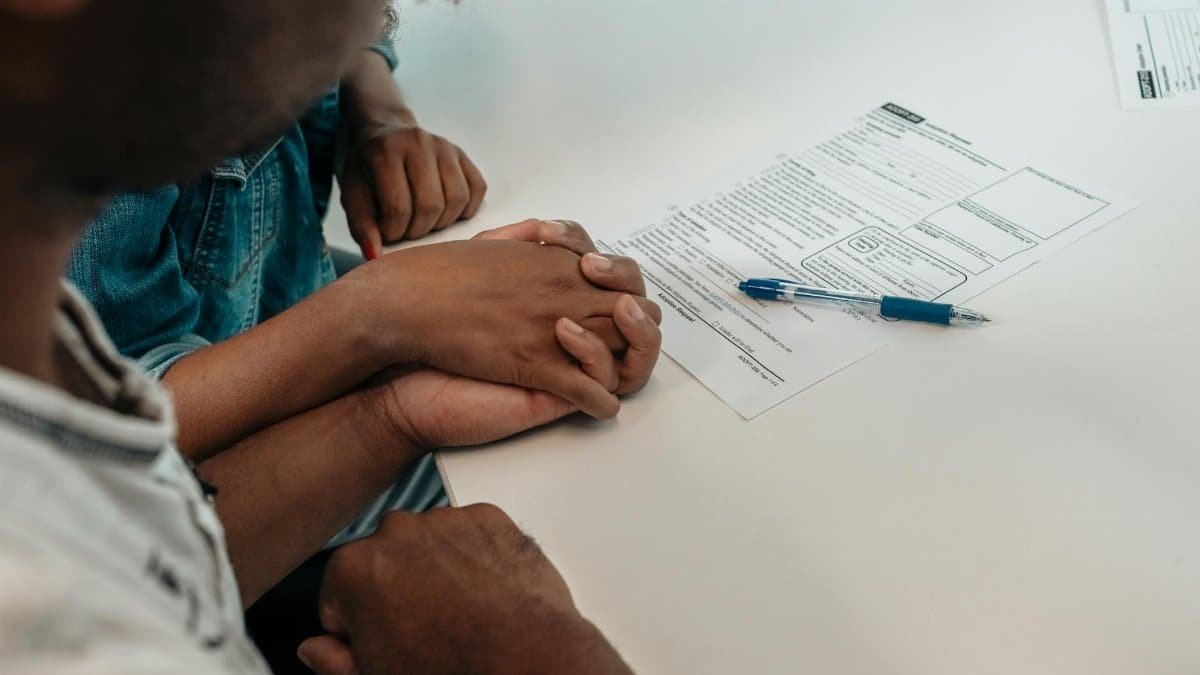Is the maryland egoease app the key to reducing workplace stress for state employees? On March 5, 2025, in Annapolis, the Maryland Department of Budget & Management unveiled “Inner Service,” a mobile app designed to promote mindfulness among its workforce. Developed in collaboration with EgoEase for $1.6 million, the app offers innovative tools like desk meditations and AI-guided prompts. With 60,000 state employees now accessing it, early data suggests strong adoption. Officials are banking on this digital solution to improve well-being and cut sick days significantly.
Unveiling a New Tool for State Employees

On March 5, 2025, Maryland took a bold step toward prioritizing mental health in the workplace. The Department of Budget & Management introduced “Inner Service,” a custom mobile app tailored for state employees. This initiative, launched in Annapolis, aims to integrate mindfulness into the daily grind of public service. With stress and burnout plaguing government workers nationwide, this app represents a proactive effort to address those challenges head-on. It’s a first-of-its-kind rollout for the state, signaling a shift toward tech-driven wellness solutions.
Collaboration with EgoEase: A $1.6 Million Investment

The development of “Inner Service” came through a partnership with EgoEase, a company known for its mindfulness technology. Maryland invested $1.6 million in this project, a significant commitment to employee well-being. This collaboration ensured the app was built with cutting-edge features while meeting strict security standards. Hosted within a FedRAMP-certified cloud, the platform guarantees data protection for the thousands of users accessing it. This investment underscores the state’s dedication to leveraging technology for mental health support.
Key Features of the Inner Service App

What sets “Inner Service” apart are its unique tools designed for busy professionals. The app includes five-minute desk meditations, perfect for quick stress relief during hectic workdays. It also offers AI-guided shadow prompts, which help users reflect on their emotional state in real time. Perhaps most intriguing is the “Humility Meter,” a feature that analyzes email language and rewards users for mindful communication. These elements aim to foster a calmer, more self-aware workforce within Maryland’s state offices.
Rollout to 60,000 State Employees

The scale of this initiative is notable. “Inner Service” was rolled out to 60,000 state employees across Maryland, ensuring broad access to its mindfulness tools. The app’s deployment within a secure FedRAMP cloud environment addresses privacy concerns, a critical factor for such a large user base. This wide-reaching launch reflects the state’s goal of making mental health resources accessible to every employee, regardless of their role or location. It’s a comprehensive approach to tackling workplace stress at a systemic level.
Early Adoption Rates Show Promise

Just one month after its launch, the maryland egoease app framework is showing encouraging results. Analytics reveal that 68 percent of eligible state employees have registered to use “Inner Service.” Even more telling, users are engaging with the app an average of 3.4 sessions per week. These figures suggest that the app is resonating with its target audience, offering a practical outlet for stress management. The high engagement rate could be a sign of broader cultural acceptance of mindfulness practices in the workplace.
Targeting a Reduction in Sick Days

Maryland officials have set an ambitious goal for “Inner Service.” They hope the app will lead to a 10 percent reduction in sick-day usage over the current fiscal year. The logic is straightforward: by reducing stress and improving mental health, employees may need fewer days off for illness or burnout. This target reflects a growing recognition of the link between mental well-being and physical health. If successful, the initiative could save the state significant resources while boosting productivity.
Tracking Results with an External Audit

To measure the app’s impact, Maryland has commissioned an external audit. This independent evaluation will track key metrics, including sick-day usage and user feedback, to assess whether “Inner Service” delivers on its promises. The audit ensures transparency and accountability, providing a clear picture of the app’s effectiveness. As workplace wellness programs gain traction across the U.S., such rigorous assessment could set a precedent for other states considering similar tools. Results from this audit will likely influence future investments in employee health initiatives.
Broader Context of Workplace Wellness in 2025

The launch of “Inner Service” aligns with a national push for workplace wellness in 2025. According to the Centers for Disease Control and Prevention, stress-related illnesses cost U.S. employers billions annually. Programs like Maryland’s app aim to mitigate these costs by addressing mental health proactively. Additionally, a report from the Pew Research Center highlights growing employee demand for wellness benefits. Maryland’s initiative could inspire other states to adopt tech-based solutions for their workforces.
Potential Challenges Ahead

Despite early success, the maryland egoease app model isn’t without potential hurdles. Sustaining user engagement over time remains a challenge for many wellness apps, as initial enthusiasm can wane. Additionally, while the “Humility Meter” is innovative, it may not resonate with all employees, especially those skeptical of AI-driven feedback. Maryland will need to address these concerns through ongoing support and updates to ensure the app remains relevant. The external audit will likely shed light on these issues as data emerges.
A Model for Other States?

Maryland’s experiment with “Inner Service” could pave the way for similar programs nationwide. If the app achieves its goal of reducing sick days and improving well-being, other states may take note. The combination of mindfulness tools and secure technology offers a scalable blueprint for public sector workplaces. As mental health continues to be a priority in 2025, Maryland’s $1.6 million investment might prove to be a small price for a healthier, more productive workforce. The coming months will reveal whether this initiative becomes a lasting success.
